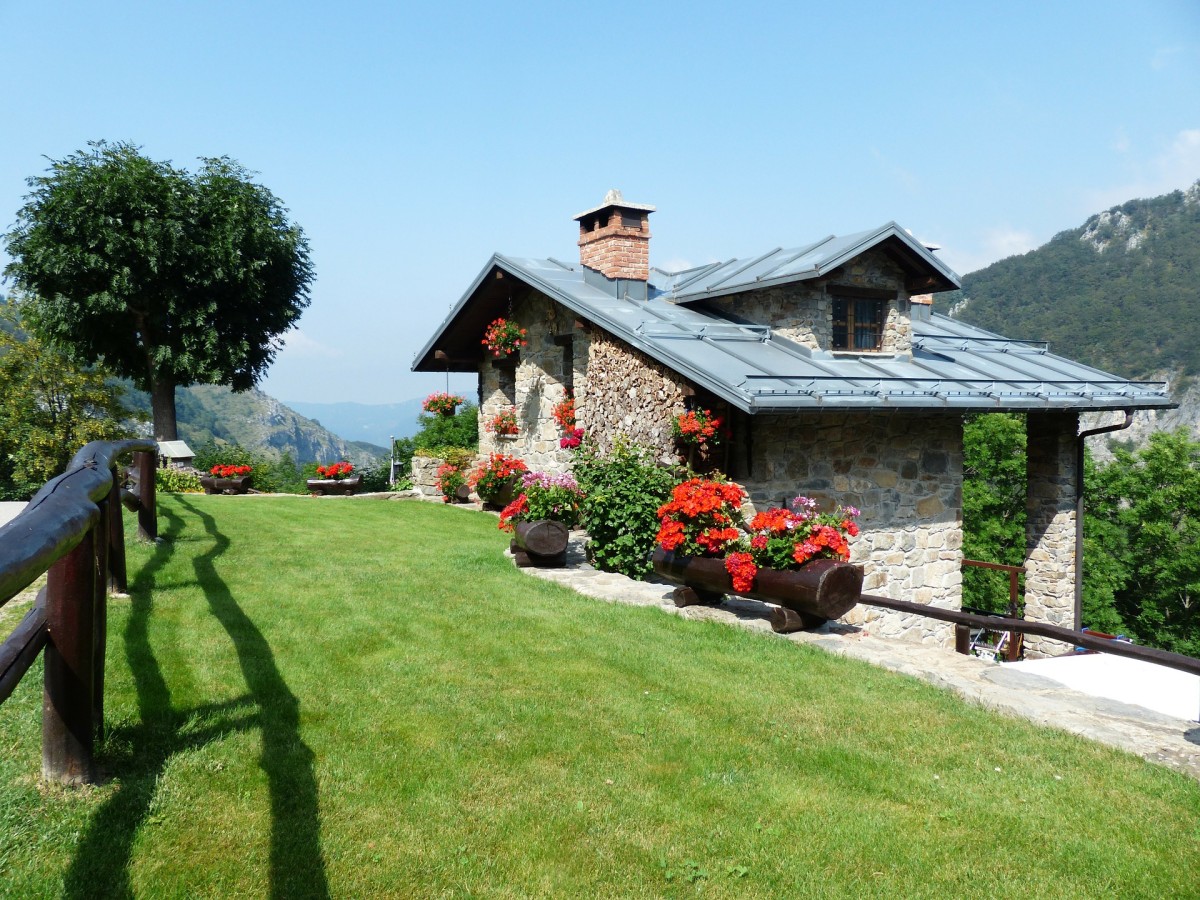
New housing needs can arise at any time: perhaps you need more space to work from home or because your family is growing, or maybe you want a property with more outdoor space. However, if your dream home is not accessible for sale or if access to a mortgage is difficult, there are different ways to buy a home in Italy. One good alternative in Italy can be a property exchange or permanent house swap. Let's see what a house swap is and how it works in Italy.
What is a house exchange in Italy?
The exchange of real estate in Italy is governed by Article 1552 of the Civil Code and consists of the mutual transfer of ownership of a property from one owner to another. Basically, two parties exchange their respective houses, with the advantage of avoiding investing large sums of money or having to take out a mortgage. The costs are also lower: there is only one deed of exchange, as well as notary fees and taxes, which are divided between the included parties and are therefore cheaper. The difficulty lies in finding a person who is willing to give up their house, while also wanting to move into yours, something which isn't always easy to find and is one reason why this method of acquiring a property is not yet widespread in Italy.
What's the difference between a property exchange and buying and selling?
The difference between a house exchange contract and a sales contract is that the latter presupposes the payment of a sum of money while the latter is a kind of barter in which the consideration for the exchange is a real asset, a property. If the two goods have the same value, there is no need to add further sums of money as compensation (this is known as a pure exchange), otherwise a sum of money must be added to balance the difference in value.
Types of property exchanges in Italy
- Direct: this is a property exchange between private individuals;
- An exchange between a private individual and a manufacturer;
- Between legal entities, between two companies, for example;
- Indirect: this is when the exchange takes place in two separate transactions.
House swaps in Italy and mortgages
If a property given in exchange is encumbered by a mortgage, then the situation may become a little more complicated. In this case it will be necessary for the borrower to pay off the mortgage prior to the exchange, or for the other party to take over the mortgage when acquiring the house. If both properties are mortgaged, the parties may also wish to exchange their respective loans, although this can be time consuming.
How much does a property exchange in Italy cost?
Real estate exchanges are convenient insofar as the costs of the transaction are paid on a single property and the registration tax is calculated on the basis of the value of the property to which the higher tax is to be applied, as explained by Circular No. 2/E of 2014 from Italian Inland Revenue. Mortgage and cadastral taxes are also applied once, while stamp duty, mortgage taxes and special cadastral taxes are not usually due. However, this only applies if the counterparties are not subject to VAT, in which case registration, mortgage, cadastral and stamp duty will be due.